Boosting Fertilizer Quality with 1 Modern Potassium Chloride Fertilizer Production Line
As global agriculture faces increasing demands for higher crop yields, efficient and high-quality fertilizers play a crucial role in feeding the growing population. Potassium chloride, often referred to as Muriate of Potash (MOP), is one of the most widely used fertilizers due to its high potassium content, which is essential for plant growth. A modern LANE Potassium Chloride Fertilizer Production Line is essential for producing high-quality fertilizers that enhance crop health and maximize agricultural output.
This article will explore how innovations in the production line for potassium chloride fertilizer are helping manufacturers improve fertilizer quality, reduce costs, and meet growing agricultural needs.
Efficient Mineral Extraction and Purification
The first step in any Potassium Chloride Fertilizer Production Line is the extraction and purification of raw potassium salts. Historically, this process was labor-intensive and often resulted in impurities in the final product. However, advancements in extraction techniques have made it possible to recover potassium more efficiently while minimizing waste and impurities.
Modern Potassium Chloride Fertilizer Production Line incorporate advanced flotation and crystallization processes to extract high-purity potassium chloride from natural ore deposits. These processes reduce the need for extensive manual labor while ensuring that the final product is free of contaminants. This results in a more efficient production cycle and higher-quality potassium chloride fertilizer, which in turn boosts crop productivity.
Precision Granulation for Improved Fertilizer Consistency
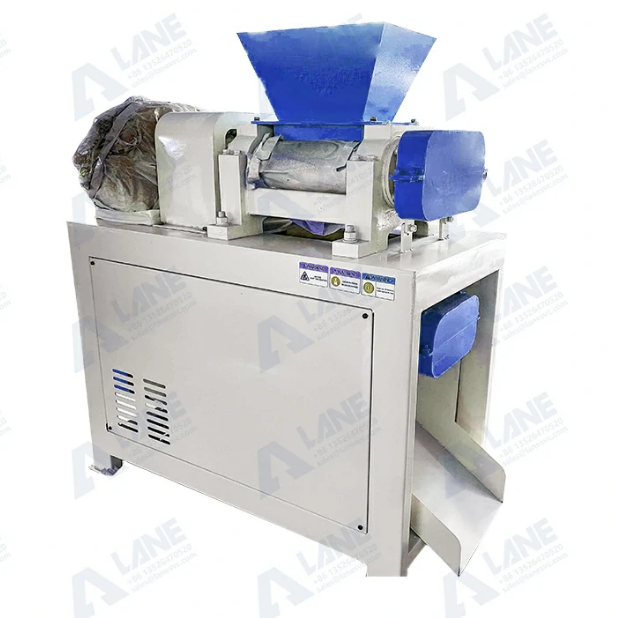
Granulation is a critical stage in the Potassium Chloride Fertilizer Production Line that determines the shape and size of the final product. High-quality granules are essential for even distribution across fields, ensuring that crops receive the nutrients they need for optimal growth.
Modern granulation technologies, such as drum granulators and fluidized bed granulators, ensure that potassium chloride is formed into uniform granules. These granules are not only easier to apply but also have enhanced dissolution properties, which means that the potassium is more readily available to plants. Improved granulation processes also reduce product degradation during transportation and storage, ensuring that farmers receive a consistent, high-quality product.
Energy-Efficient Drying and Cooling Systems
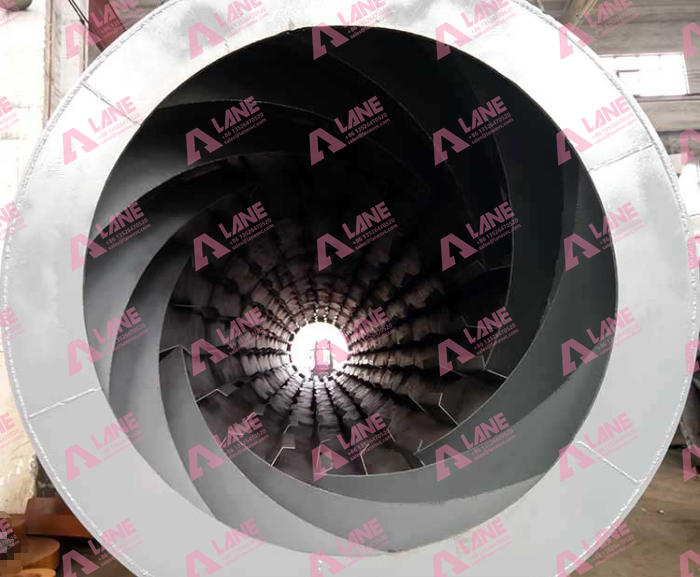
After the granulation process, the potassium chloride granules must be dried and cooled to achieve the appropriate moisture content and stability. Traditional drying systems often consumed large amounts of energy, leading to high production costs and increased environmental impact.
Today, cutting-edge drying and cooling systems have been developed to minimize energy consumption while maintaining product integrity. Advanced rotary dryers and fluid bed dryers are equipped with heat recovery systems that recycle excess heat, making the process more energy-efficient. This not only lowers operational costs but also contributes to a more sustainable production process, reducing the carbon footprint of potassium chloride fertilizer manufacturing.
Automated Quality Control for Consistent Output
Consistency in product quality is critical in the Potassium Chloride Fertilizer Production Line. In the past, manual quality control checks were common, but they often led to variability in the final product. To address this, modern production lines have adopted automated quality control systems.
These systems use real-time sensors and monitoring tools to track the production process from start to finish. Automated systems can detect variations in particle size, nutrient concentration, and moisture levels, allowing for immediate adjustments to the process. This ensures that each batch of potassium chloride fertilizer meets stringent quality standards, providing farmers with reliable products that enhance crop growth.
Sustainable Waste Management Practices
The production of potassium chloride fertilizers can generate waste materials and by-products, such as brine and tailings, which must be managed responsibly. In modern Potassium Chloride Fertilizer Production Lines, innovative waste management solutions are being integrated to minimize environmental impact.
Closed-loop systems allow for the recycling of waste materials back into the production process. For example, brine can be treated and reused in the extraction process, while solid waste is repurposed or safely disposed of. Additionally, advanced filtration systems help to capture and neutralize any emissions generated during production. These sustainable practices not only reduce the ecological footprint of fertilizer production but also lower operational costs by reusing materials that would otherwise be discarded.
Tailored Formulations to Meet Diverse Agricultural Needs
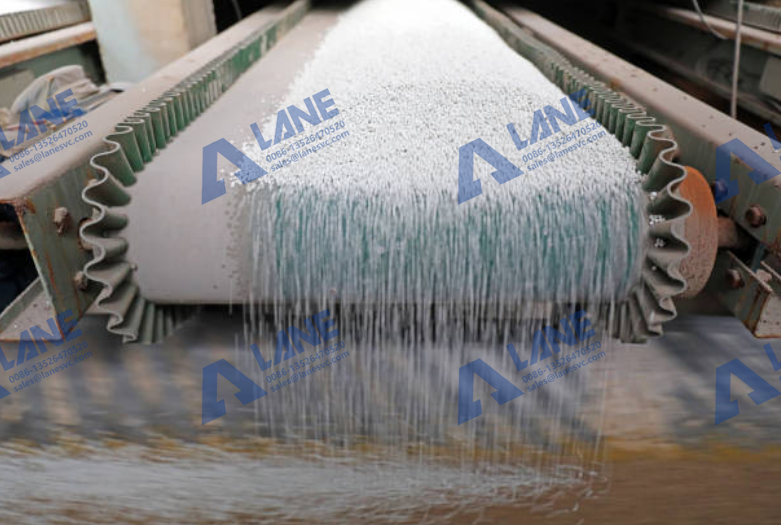
While potassium chloride is a vital component of many fertilizer blends, modern Potassium Chloride Fertilizer Production Lines offer the flexibility to create custom formulations that meet the specific needs of different crops and soil conditions. By adjusting the nutrient balance, manufacturers can produce fertilizers that target particular deficiencies or enhance certain aspects of plant growth.
This capability allows farmers to choose fertilizers that are optimized for their unique agricultural challenges, whether it be soil type, climate, or crop type. Customized potassium chloride formulations result in more efficient use of nutrients, reducing the need for excess application and lowering costs for farmers.
Conclusion
A modern Potassium Chloride Fertilizer Production Line plays a critical role in meeting the growing demands of global agriculture. With innovations in extraction, granulation, drying, and waste management, these production lines are capable of producing high-quality fertilizers that enhance crop growth while maintaining cost-efficiency and sustainability.
As the demand for potassium chloride fertilizer continues to rise, investing in advanced production technologies will be key to improving both fertilizer quality and agricultural productivity. By adopting these innovations, manufacturers can ensure that they are providing farmers with the tools they need to grow healthier crops and feed a growing world.



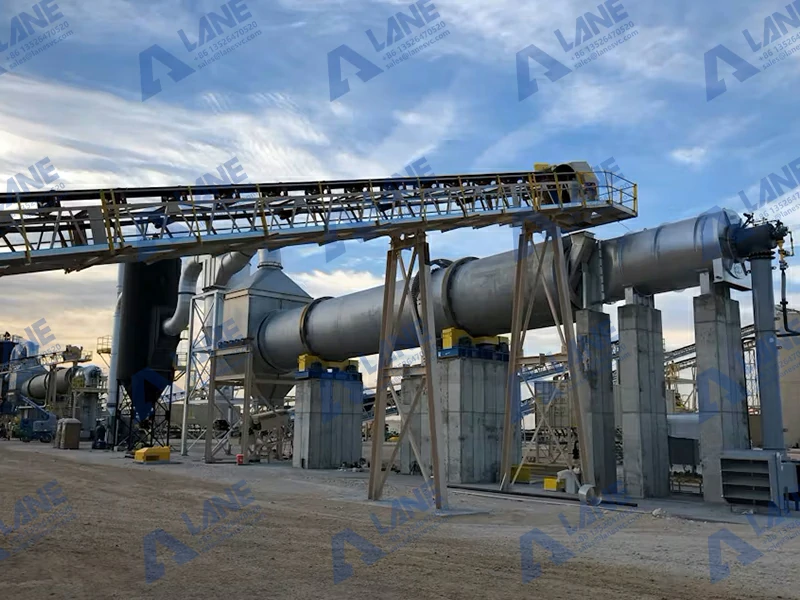
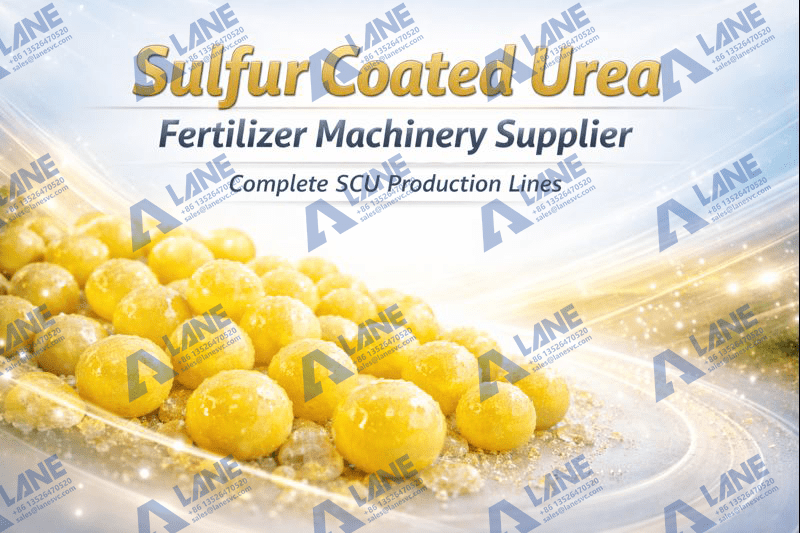
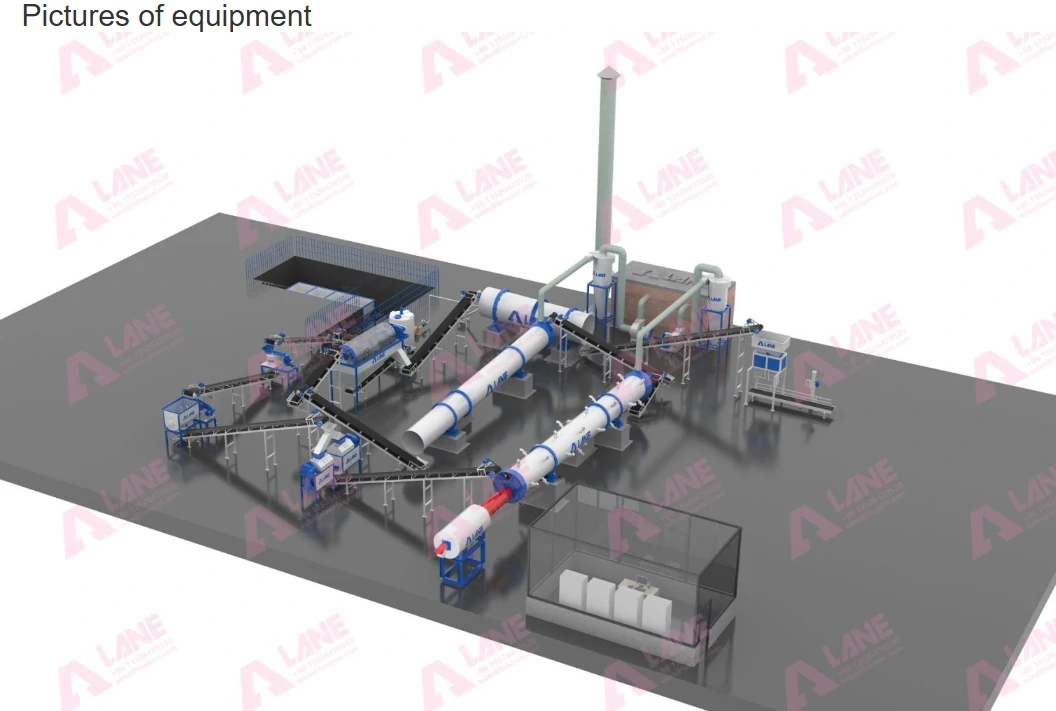
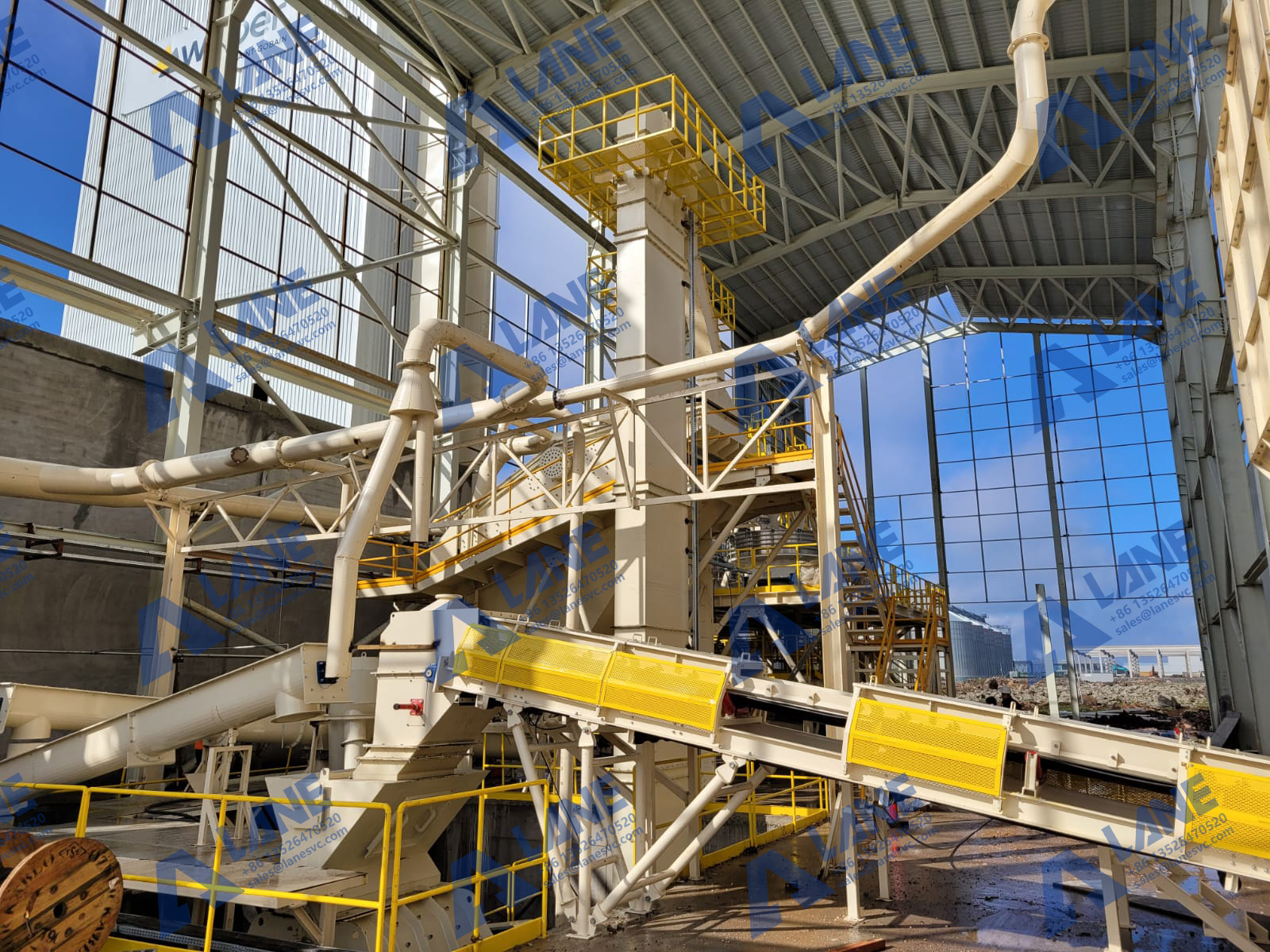
Send a message to us